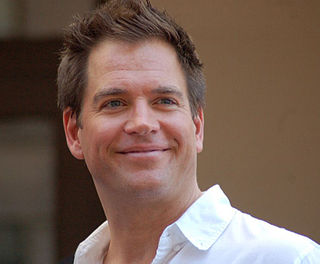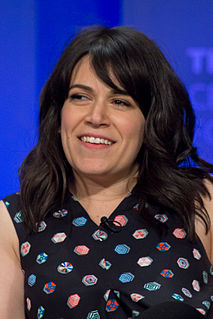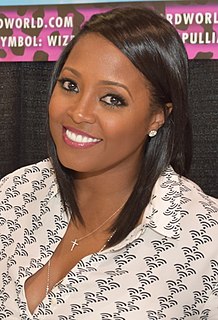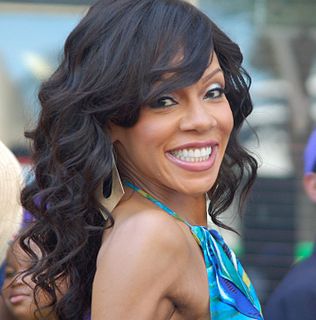A Quote by Kenya Barris
I set out to tell my story, which is based on my family. Dr. Cosby told his story in 'The Cosby Show.' The comparisons stop there in terms of my creation of the show. We just both happen to have black fathers at the center of it.
Related Quotes
Anecdote: In a controversial way, Comedian and actor Bill Cosby sought to teach his son the pain of being lied to. Convinced his son had been dishonest regarding an issue, Cosby promised that if he told him the truth, he would not hit him. When his son did confess, Cosby did hit him. Seeing his son's shock and hurt, Cosby said he hoped this lesson had deepened his understanding of the anguish generated by a sense betrayal.
It's only a story, you say. So it is, and the rest of life with it - creation story, love story, horror, crime, the strange story of you and I. The alphabet of my DNA shapes certain words, but the story is not told. I have to tell it myself. What is it that I have to tell myself again and again? That there is always a new beginning, a different end. I can change the story. I am the story. Begin.
A story must be told in such a way that it constitutes help in itself. My grandfather was lame. Once they asked him to tell a story about his teacher. And he related how the holy Baal Shem used to hop and dance while he prayed. My grandfather rose as he spoke, and he was so swept away by his story that he himself began to hop and dance to show how the master had done. From that hour he was cured of his lameness. That's how to tell a story.
I don't necessarily believe that 'The Cosby Show' should disappear as a cultural reference, but it is. That's sad to me. I understand why. He was a man who possibly did some really bad things, and he should be punished beyond a doubt. But that show, and the impact it had not just on black culture, but culture, was amazing.

































